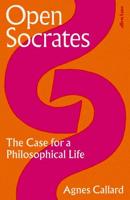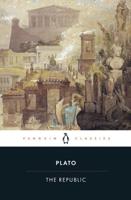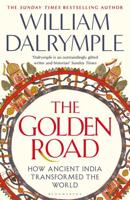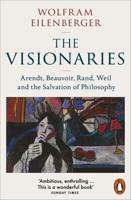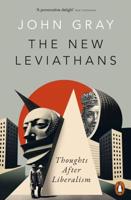Publisher's Synopsis
The clean separation between manifold phenomena and a systematic order that prevails in them is a basic feature of the rational-scientific orientation system. The first authoritative formulation of this premise is found in Plato. His discussion of constitutive forms of world events has initiated a broad development in the history of philosophy, which is also effective today in the preference for reason-guided analyses of often confusing circumstances. The authors of this volume address the lasting relevance of this idea within two interrelated areas of research, namely Plato scholarship and contemporary Platonism. Of particular interest is the relationship between Plato and Wittgenstein. Following this overall idea, this volume is divided into three sections: Plato scholarship, Platonism, and Plato and Wittgenstein. As the contributions show, Platonism proves to be not only a purely historical-exegetical field of research but rather a fruitful stimulus for contemporary discussions on logical, linguistic, and social topics.




